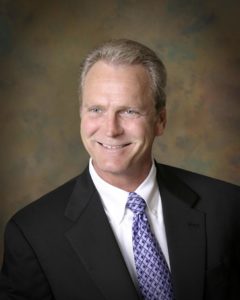What You Need to Know Right Now If the DEA is Knocking on Your Door!
 By George F. Indest III, J.D., M.P.A., LL.M., Board Certified by The Florida Bar in Health Law
By George F. Indest III, J.D., M.P.A., LL.M., Board Certified by The Florida Bar in Health Law
Is the Drug Enforcement Administration (DEA) knocking at your door or, even worse, going through your files inside your office?
If so, this is what you need to know right now!
YES, you do have the right to call your attorney. Call your attorney right now. If you cannot, ask one of your employees or spouse to call your attorney. Get your attorney involved right now!
NO, do not sign a document to relinquish or voluntarily give up your DEA registration number. If you do so, this will probably be the biggest mistake you make in […]


 By George F. Indest III, J.D., M.P.A., LL.M., Board Certified by The Florida Bar in Health Law
By George F. Indest III, J.D., M.P.A., LL.M., Board Certified by The Florida Bar in Health Law


